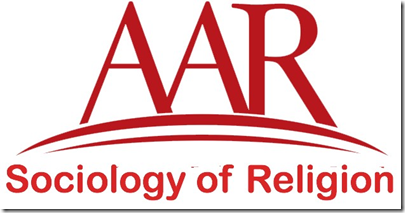International and interdisciplinary workshop at Cluster of Excellence “Religion & Politics”, University of Munster, Germany
Date: October 16th – 17th, 2020
The project team “Religious Fundamentalism” at Cluster of Excellence “Religion & Politics”, chair of sociology of religion at University of Munster (Germany) organizes a workshop on “Religious Fundamentalism: New Challenges in Theory and Empirics across Religions and Cultures“.
The central aim of this workshop is to create a platform of interaction and dialogue between the project team of the Cluster of Excellence (see below) and external experts in the field of religious fundamentalism. By taking part in presentations and discussions, the participants will not only get a deep insight into research on fundamentalism in various world religions and cultural contexts but will also receive constructive feedback from this team of experts for his/her own studies.
Recent contributions to the field have been challenging common definitions, measurements, as well as explanatory approaches of religious fundamentalism especially against the backdrop of various world religions and of an increasing globalized world. On one hand, this calls into question the relationship between religious traditionalism, fundamentalism, and (acceptance of) violence. On the other hand, research on religious fundamentalism beyond Christianity and Islam as well as beyond the North-American and Western-European context is usually neglected. In this workshop, we want to bring experts together, who contribute to these contemporary issues of fundamentalism research from a theoretical or an empirical perspective.
With this announcement, we want to call for abstracts from scholars, who are highly motivated to present and discuss their scholarly work by participating in a two-day interdisciplinary and international workshop of experts in this field. We are interested in both papers that deal with the phenomenon of fundamentalism on a theoretical level and papers that empirically approach the phenomenon on the basis of (a) selected case(s). Contributions from sociology, psychology, religious studies, political science, theology, or related fields are highly welcome. With this workshop, our objective is to constitute a starting point for future collaborations and dialogue from which the participants can sustainably benefit (e.g., future research projects, publications).
Together with a CV, a convincing abstract of a maximum of 500 words is requested by April 15, 2020 and should be submitted by email to:
- Dr. Sarah Demmrich, project leader of “Religious Fundamentalism“ at Cluster of Excellence “Religion & Politics“: kabogan@uni-muenster.de
Successful applicants are going to be informed shortly after. All expenses for attendance, travel, and accommodation of accepted participants are going to be covered by the project. For any further questions, please do not hesitate to contact the project leader. We are looking forward to your applications.
With our very best regards,
Dr. Sarah Demmrich
Prof. Dr. Detlef Pollack
Dr. Olaf Müller





